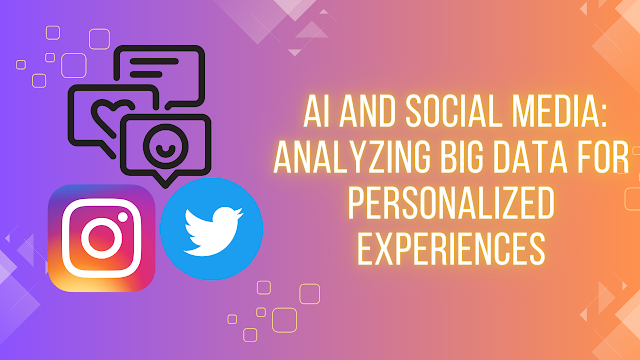AI and Music Composition: From Algorithmic Creations to Collaborative Works

Introduction In the realm of artistic creation, the interplay between human creativity and technological innovation has always been a source of fascination. One such area where this synergy is becoming increasingly prominent is the field of music composition. Over the past few decades, the emergence of Artificial Intelligence (AI) has opened new avenues for musicians and composers, ranging from algorithmic creations to collaborative works that push the boundaries of traditional musical expression. The Rise of Algorithmic Composition Algorithmic composition, the process of generating music using algorithms and mathematical rules, marks the initial step in the intersection of AI and music. This concept traces its roots back to the mid-20th century when experimental composers like Iannis Xenakis explored mathematical models to shape their compositions. However, with the advent of advanced computing, AI-powered algorithms have taken this concept to unprecedented heights. A...





